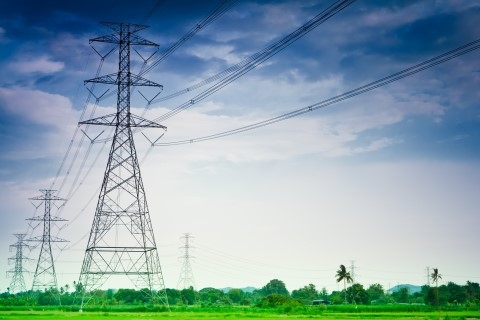
Profit woes loom over three Japanese electric power utilities
And Moody's is certainly unhappy about it.
Moody's Japan K.K. has affirmed its ratings on three Japanese electric power utilities, with the ratings outlooks remain negative for all three issuers.
According to a release from Moody's Japan K.K., all of them are regional integrated power utilities that own nuclear facilities.
Details of the rating affirmations are as follows: Hokkaido Electric Power Company, Inc (Hokkaido): Senior secured rating A3; short-term rating Prime-2.
For Kansai Electric Power Company, Inc (Kansai): Senior secured and issuer ratings A3, Senior secured shelf registration (P)A3.
Lastly, for Kyushu Electric Power Company, Inc (Kyushu): Senior secured rating A3, Senior secured shelf registration (P)A3.
The affirmation of the ratings principally reflects a number of positive developments for Japan's electricity sector, as well as ongoing support from bond markets and domestic financial institutions.
However, the negative outlook reflects the continuing uncertainty surrounding the timing of a return to sustainable levels of profit of the rated entities as well as the concern that their balance sheets have been more heavily impacted than their peers, since the Fukushima disaster.
Here's more from Moody's Japan K.K.:
The continued uncertainty driving the negative outlook can be narrowed down to one principal issue; the uncertainty on timing and amount of actual nuclear restart.
The restart process begins with the NRA's (Nuclear Regulation Authority) approval on the safety assessment on a nuclear facility, as shown on Kyushu's Sendai plant in July 2014.
Agreements with local governments are also needed. Even after NRA's approval, timing of local agreements and the time it will take to prepare the facilities to return to operation remains uncertain.
If requirements for local approvals and/or additional safety equipment are imposed, actual restarts are not likely within a half year after NRA's approval.
As a result, while waiting for the process of nuclear restart, the utilities have continuously posted losses.
Moody's notes that all three utilities have applied for and received approval for higher tariffs, in efforts to compensate the losses.
However, these tariffs are based on cost structures which still assume that about 20% or more of their power originates from nuclear generation which in reality still stopped.
Accordingly, they will suffer from a prolonged period of negative profits, and more so than some of their peer companies.
The three utilities -- Hokkaido, Kansai and Kyushu -- recorded operating losses of JPY0.7 billion, JPY39.8 billion and JPY28.1 billion, respectively, in April-June 2014, after posting continuous operating losses for 2-3 consecutive years after the Fukushima accident.
Furthermore, Moody's has a significant concern on the eroded capital of the utilities, because of the prolonged negative profitability and now high gearing and financial leverage.
The cumulative damage to Hokkaido, Kansai, and Kyushu is meaningful and financial profiles of these three remain extremely weak.























 Advertise
Advertise







